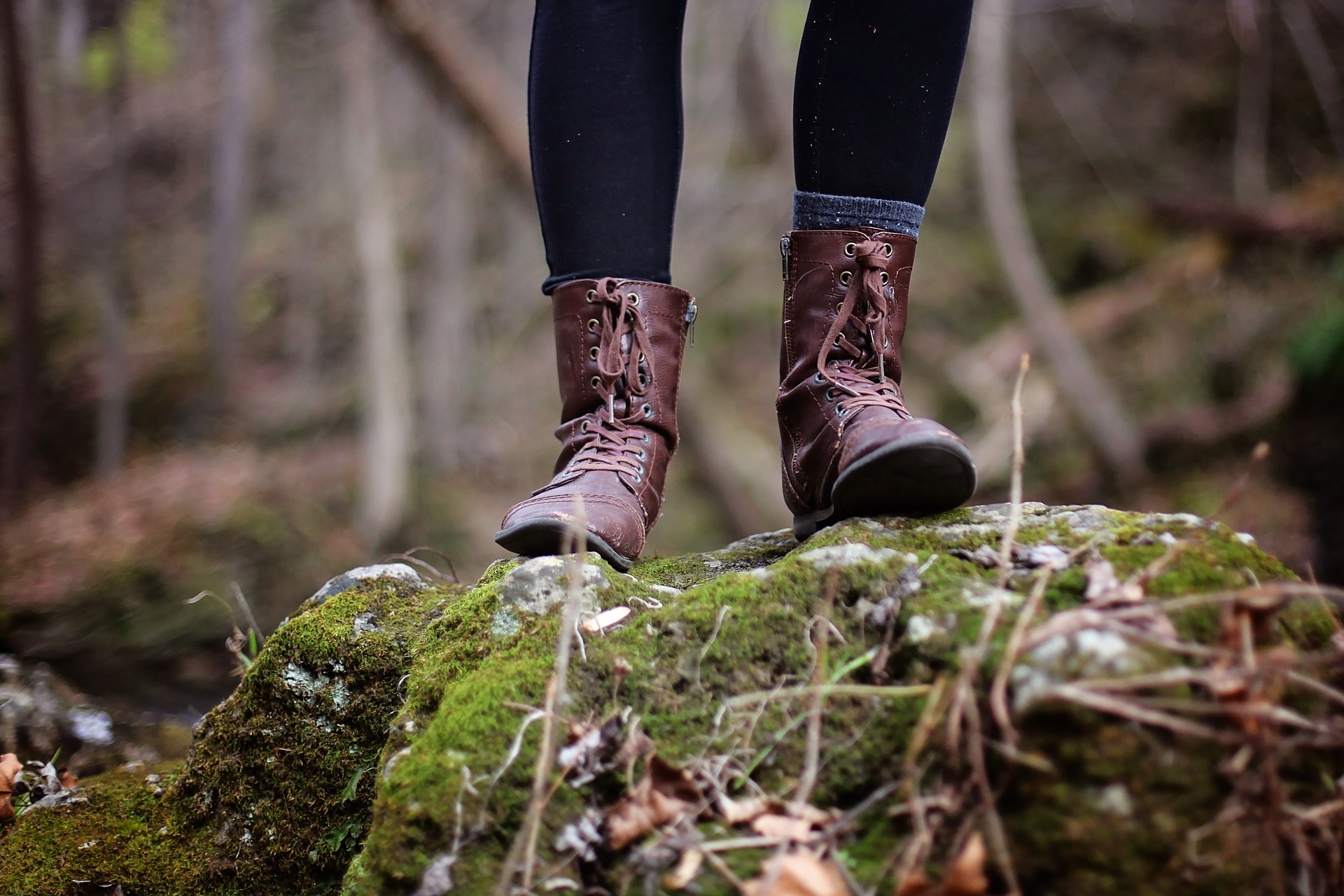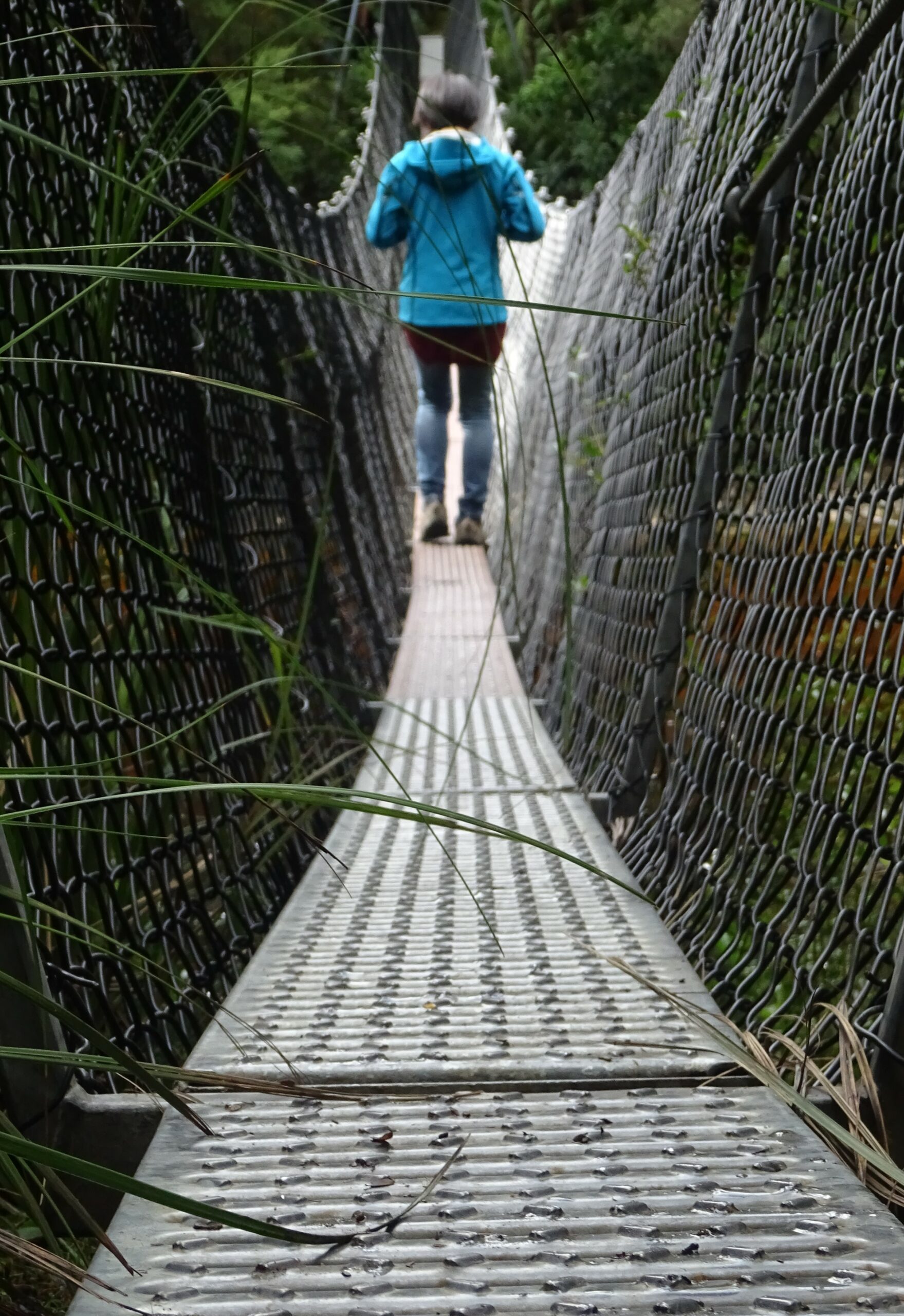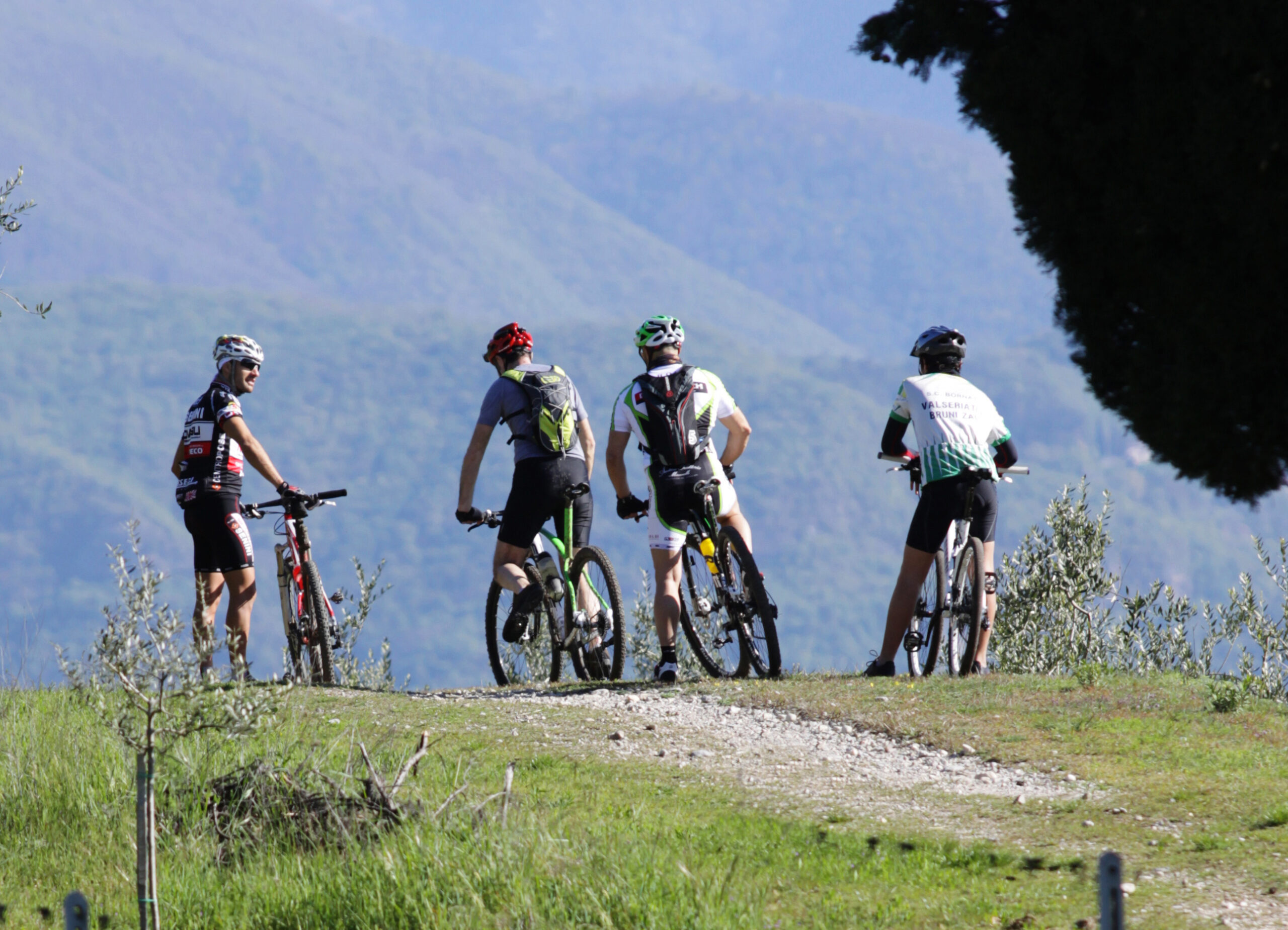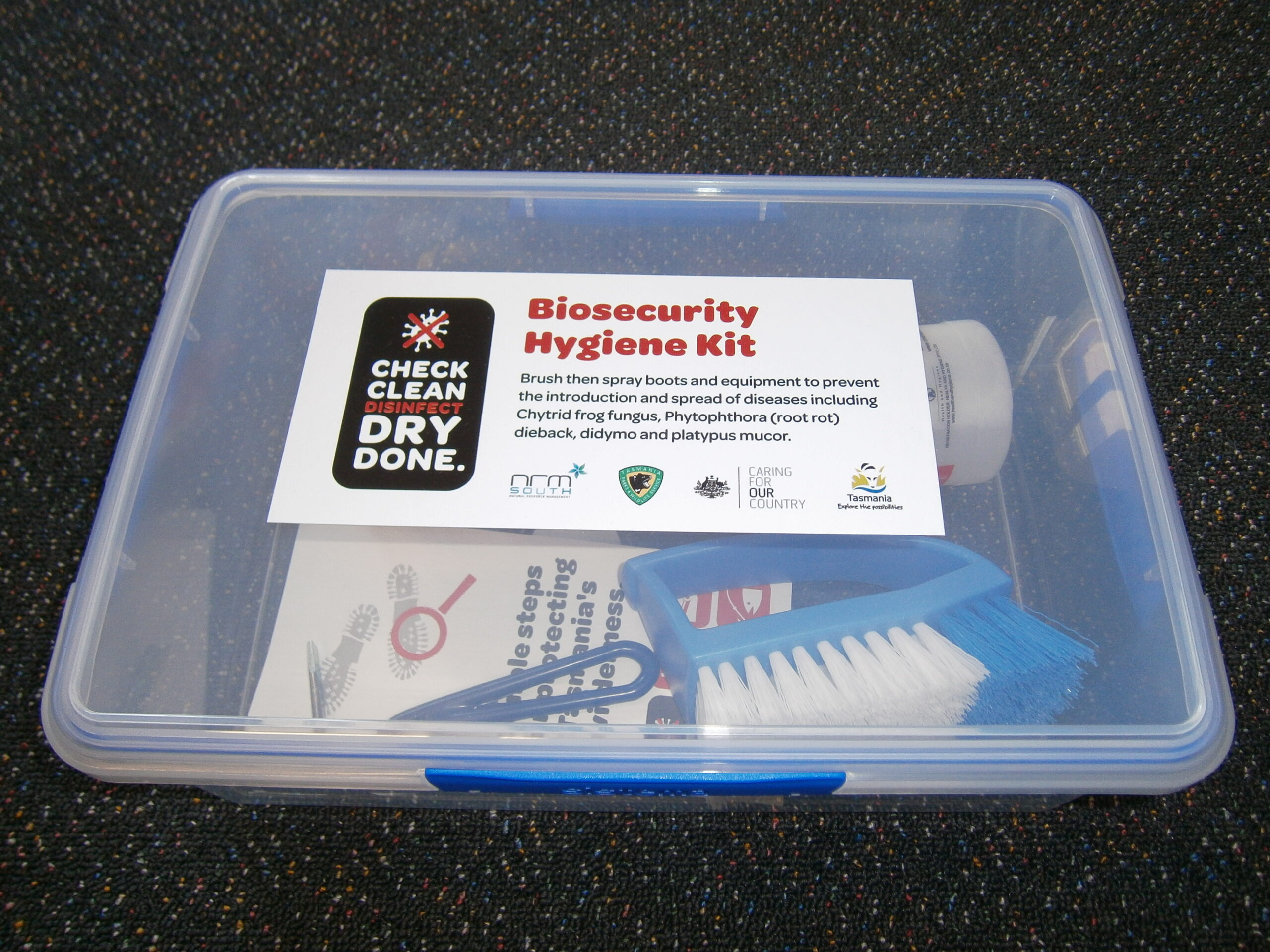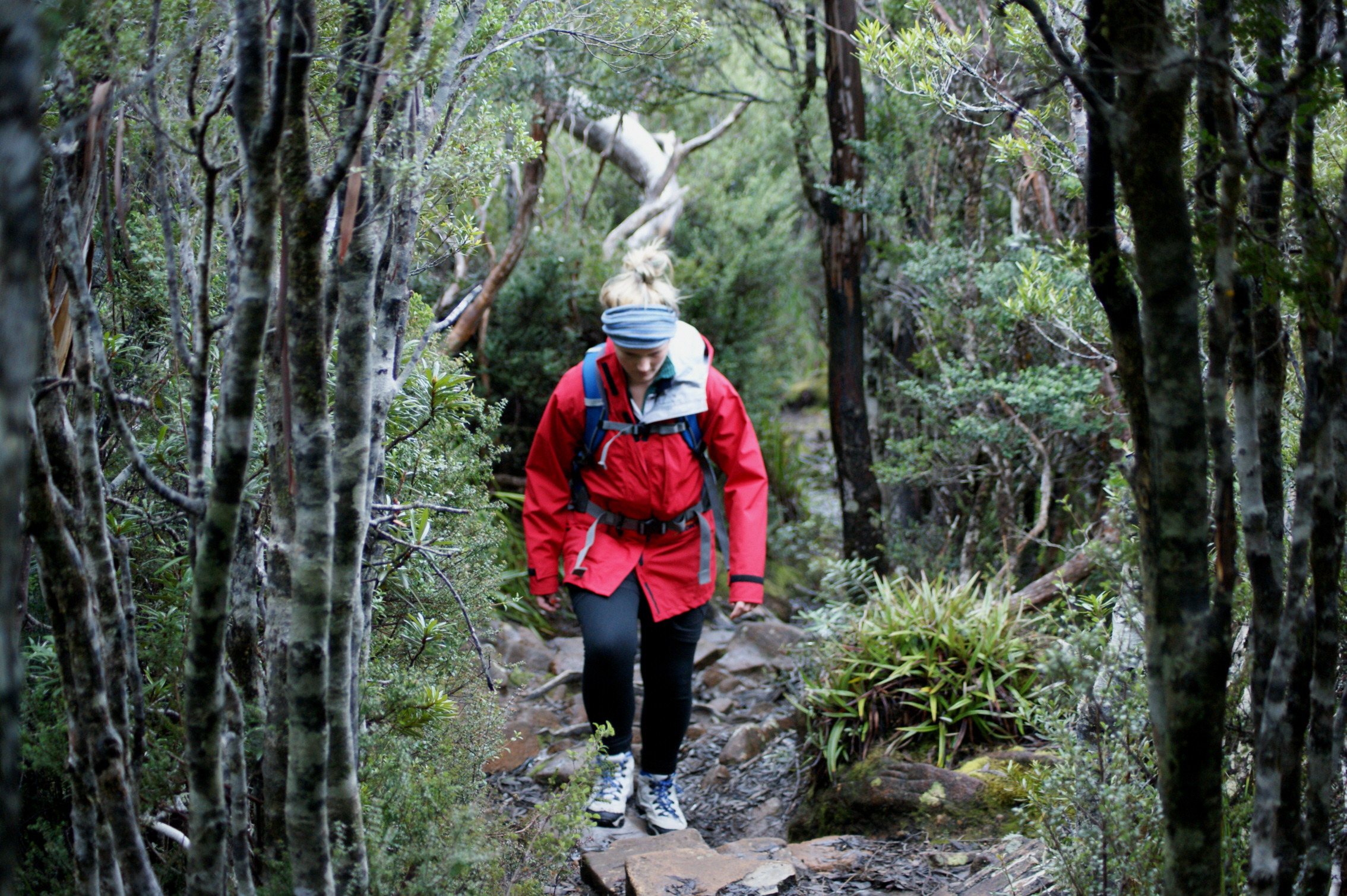Biosecurity
Through our previous role with the Biosecurity Network, we helped users of Tasmania’s wilderness areas – e.g. fishers, bushwalkers, kayakers, four-wheel drivers, mountain bikers – to adopt hygiene practices that reduce the risk of spreading unwanted pests, weeds and pathogens throughout the state. This was known as our Check, Clean, Disinfect, Dry campaign.
Tasmania’s isolation and history of careful management has helped to keep our island free from many of the pests and pathogens that have devastated other parts of the world. NRM South has worked with various groups and individuals – including agricultural producers, community groups and volunteers – to manage biosecurity issues in Tasmania and we have developed a suite of useful resources to help everyone manage biosecurity risks.
Biosecurity in Tasmania
We each have an important role to play when it comes to preventing the spread of unwanted pests, weeds and disease-causing pathogens. The ‘General Biosecurity Duty’ (GBD) is a legal obligation under the 2019 Biosecurity Act that came into effect on the 31 March 2022.
- By taking simple precautions such as cleaning equipment of dirt or seeds when we move between sensitive sites (such as farms, wilderness areas or waterways) or keeping an eye out for anything out of the ordinary after we bring hay, grain or stock onto our properties, we are all playing an important role in keeping our island free from pests, weeds and diseases.
- Browse through our activity resources below to find out more about the hygiene protocols that you can follow depending on the activity you are planning.
BIOSECURITY RESOURCES
Background
We already have some introduced pests, weeds and disease-causing pathogens in this state and it is vital that we limit their spread. Chytrid, which has wiped out entire frog populations elsewhere in the world, has been found at some places in Tasmania - as well as a pathogen called phytophthora, which attacks the roots of plants and can destroy entire vegetation communities. There is also an algae called Didymo (aka ‘rock snot’) that has spread from the northern hemisphere to New Zealand waters. It chokes rivers so badly that entire waterway systems effectively die. If Didymo takes hold in Tasmania, our environment will become unrecognisable.
Through our shop, you can purchase field hygiene kits or disinfectant solution to help you minimise your risk of spreading pests, weeds and pathogens.
Ride Clean
Mountain biking and mud go hand in hand. But mud can carry microscopic organisms that could devastate the bushland areas we love to ride in. Mud and water can easily accumulate on your bike (especially in the hard-to-reach places) and also on your clothes, shoes, helmet, gloves and pack.
If you’re into long rides, or take your bike to different places by car, then it’s crucial that you ensure your bike and riding gear are spotless each time you ride in a new place. Check, Clean and Dry your bike between rides, and if you can’t be sure your gear will dry before you next use it, Disinfect as well.
If you're interested in helping us promote Check Clean (Disinfect) Dry in your club or bike shop, we have a range of communication products that could suit you, such as our Ride Clean Brochure, drop us a line for more information.
Fish Clean
Tasmania’s freshwater fishing spots are among the best in the world and attract many interstate and international fishers keen to enjoy our pristine waterways while trying to hook a prize catch.
Our waterways and surrounding environment are under threat from introduced pests, weeds and disease-causing pathogens. One drop of contaminated moisture from your boat or fishing gear is enough to put a pristine area at risk.
If you’re a fishing tourist, guide or adventurous type who likes to travel around then it’s crucial you don’t unwittingly carry a microscopic hitchhiker between fishing sites.
It’s crucial to clean your gear before you go fishing in Tasmania, as well as cleaning everything when moving from one site to another within Tasmania, as we don’t want to spread existing pests, weed seeds or pathogens around any further.
- When washing your boat, soak the bilge and wells with F10 disinfectant (be careful where you drain it – although it is biologically safe it doesn’t belong in a waterway).
- Pay special attention to cleaning your trailer.
- Waders are of particular concern as they take so long to dry. Felt-soled waders are particularly problematic – avoid using them if you can. If you can’t give your waders at least 48 hours to dry out, soak them in an F10 solution for at least half an hour.
- Check your flies, guides and reel to make sure they’re not harbouring weeds, and make sure all your fishing clothing is clean and dry before you use it again.
Drive Clean
Tasmania is a playground for off-road vehicles. We have our share of challenging hills and terrain, vast areas of untouched wilderness, and no shortage of muddy tracks to explore. But the mud we pick up along the way can carry microscopic organisms – pests, weed seeds and disease-causing pathogens – that have the potential to devastate the bushland areas we love to explore.
Off-road exploring means travelling long distances through very different types of country. It is therefore crucial that you don’t unwittingly carry a microscopic hitchhiker between rides. Make sure your car, motorcycle or quad-bike and the equipment you travel with (your boots, recovery gear, shovels) are spotless each time you explore a new place.
Check, Clean and Dry your vehicle and equipment between uses, and if you can’t be sure your gear will dry before you next use it, Disinfect as well.
When washing your vehicle, hose off all the mud you can find, and pay particular attention to the hard-to-reach places such as tyre tread, mudguards, and underneath the chassis.
Don’t forget to wash your muddy gear and clothing too.
If your vehicle is unlikely to dry completely before you visit another site, use F10 disinfectant to kill any microorganisms that might be hiding (be careful where you drain it – although it is a biodegradable, low-toxicity veterinary disinfectant F10 should be kept away from waterways).
Travel Clean
Most people who’ve visited Tasmania know about our strict quarantine laws; you might have even met in person one of our highly trained sniffer dogs at an airport or shipping wharf. These four-legged crusaders are doing their bit to prevent fruit and vegetables that may harbour pests or disease-causing pathogens from coming into the state.
But there are other quarantine problems Tasmania faces that our sniffer dogs can’t help with. Tourists who bring their vehicles to Tasmania may unwittingly risk also carrying an unwanted hitchhiker like Chytrid or Didymo.
To help us prevent the spread of unwanted pests, weeds and pathogens we ask that you follow some simple hygiene procedures.
Make sure your car, caravan, and all the equipment you bring into Tasmania – before you get on the ferry. Check, Clean and Dry your vehicle and all your equipment.
If you find yourself venturing into our wilderness areas it’s crucial that you clean your vehicle and equipment before you move to a new site, for instance at a caravan park or service station.
Because in Tasmania it’s notoriously difficult to get things dry it pays to carry a disinfectant as well, which will kill any pests that might be lurking in hard-to-reach places.
Walk Clean
Bushwalkers from all over the world flock to Tasmania to experience our spectacular scenery and pristine wilderness. Part of the experience of venturing outdoors in this part of the world is mud and moisture and you’re likely to find yourself at least partly covered in some of Tassie’s finest soil.
The problem is that mud can carry microscopic organisms – pests, weeds and disease-causing pathogens – that have the potential to devastate the bushland areas we love to explore.
One drop of contaminated moisture or mud from your walking boot, or your raincoat, gaiters or a tent peg is enough to put a pristine area at risk.
By exploring different areas, we risk of carrying a microscopic hitchhiker to some place it shouldn’t be. Make sure your walking boots and other equipment are spotless each time you explore a new place. Check, Clean and Dry your kit between walks, and if you can’t be sure it will dry before you next use it, Disinfect as well.
It’s not only your walking boots that are likely to harbour mud and moisture. You need to inspect and clean your other clothing, pack, gaiters, tent and pegs, trowel, walking poles.
Velcro on your jacket, pack and gaiters is notorious for catching seeds. Check it carefully.
If it’s unlikely your gear will dry completely use F10 disinfectant to kill any microorganisms that might be hiding (be careful where you drain it – although it is biologically safe F10 should be kept away from waterways).
Kayak Clean
Tasmania’s wild river systems offer amazing kayaking and canoeing experiences. From those who enjoy a leisurely paddle beside a campsite to whitewater adrenaline junkies, people from all over the world come to Tasmania to experience our waterways.
If you’re moving from place to place to find new water then it’s crucial that you don’t unwittingly carry a microscopic hitchhiker between sites. Make sure your boat and equipment is spotless before you use it in a new waterway. Check, Clean and Dry it between sites, and if you can’t be sure your gear will dry before you next use it, Disinfect as well.
When washing your boat, soak the footwells and any internal storage compartments with F10 disinfectant (be careful where you drain it – although it is biologically safe it doesn’t belong in a waterway).
Neoprene is of particular concern as it takes so long to dry. If you can’t give it at least 48 hours to dry out, soak it in an F10 solution for at least half an hour.
Make sure all your other gear is clean and dry before you use it again.
Research Clean
If you are involved in field-based research work in Tasmania then you are likely to visit some remote and special places. The risk we all face is inadvertently spreading an unwanted weed, pest or pathogen that was not found in the area before your visit; if you are contaminated with an unwanted hitchhiker, even a single visit can introduce the problem.
It is critical that you include biosecurity considerations into your site risk assessment and other workplace health and safety planning prior to undertaking your work. As professionals engaged in fieldwork you have a responsibility to adopt good field hygiene practices.
Planning is key, but hygiene is the last line of defence, and it should be routine in your organisation. You should be familiar with our field hygiene manual Keeping it Clean. This manual has specific information for a range of field-based research activities such as working with frogs and platypus, firefighting, use of boats, trailers and heavy machinery.
Farm Clean
A dirty vehicle or piece of machinery arriving on your farm could be hiding a microscopic organism with the potential to cause you some major headaches. Soil, water, plant and animal material can carry tiny unwanted pests, diseases or weed seeds that make farmland expensive to manage, even unusable. The biggest risk comes from vehicles, machinery and equipment coming onto your property carrying contaminated soil or mud. Before you know it, we’ve got a huge expense and a whole lot of heartache that can last for generations.
The principles of Arrive Clean, Leave Clean recommends anyone who visits bushland, farmland or remote areas – to make sure vehicles, machinery, tools, equipment, clothing and footwear are spotlessly clean before venturing out, and to clean up again before leaving a site.
We want to get the message out there that anyone who shows up at a property or worksite who hasn’t cleaned up first, risks being turned away.
The same should apply to your farm. Don’t let a dirty ute, tractor or excavator be the reason you become the next victim of gorse or Spanish heath. You can keep the risk down by having a dedicated cleandown station at the entrance to your property, and minimising the movement of vehicles and machinery that could be hiding an unwanted pest, disease or weed seed.
If your visitor can’t clean their vehicle before entering your property, make sure they stick to designated tracks or, better still, get them to park and take them where they need to go in a farm vehicle. If they are coming to do a job that involves moving soil or harvesting crops and have dirty machinery, turning them away or providing an area for them to clean down could save you time and effort in the long term.
Check, Clean and Dry your vehicle, machinery and equipment between uses, and if you can’t be sure your gear will dry before you next use it, Disinfect as well.
When washing, hose off all the mud you can find, and pay particular attention to the hard-to-reach places such as tyre tread, mudguards and under cowlings.
Don’t forget to wash your muddy gear and clothing too.
If your vehicle or equipment is unlikely to dry completely, or you are visiting an intensive farm production area, use F10 disinfectant to kill any microorganisms that might be hiding (be careful where you drain it – although it is a biodegradable, low-toxicity disinfectant, F10 should be kept away from waterways).
Do you have a biosecurity plan for your property? For an introduction to what you need to consider, begin with NRM South’s farm biosecurity fact sheet. For more resources to help you with on-farm biosecurity planning, check our resource library.
Plan Clean
Anyone conducting on-ground works in Tasmania is asked to follow Check, Clean, Disinfect, Dry protocols. Contractors, construction and roadside crews are expected to follow effective cleandown procedures or risk being turned away at the worksite.
Check out our Keeping it Clean manual to learn more about the problem and find out ways to reduce the risk of spreading harmful organisms; through careful planning, adhering to field hygiene protocols, and by investing in equipment to enable workers to keep clean between work sites.
Considering the risks to our natural and productive landscapes, following the Clean, Check, Disinfect, Dry is good for business. Our public agencies can help by favouring those providers who can demonstrate good field hygiene practices. This goes for your internal systems as well. Cleandown and other biosecurity controls should be an integral part of operational procedures and WH&S practices throughout your organisation and be considered when planning on-ground works and granting permits and approvals to contractors.
On-ground Works
Anyone who shows up at a property or worksite who hasn’t cleaned up first risks being turned away. This is because soil, water and plant material can carry tiny unwanted pests, diseases or weed seeds that have the potential to devastate our natural environment, spread disease to our native animals, or make our farmland expensive to manage – or even unusable. These organisms can hitch a ride in a vehicle, on a piece of equipment, in the gravel or timber we bring onto site, or even on our clothes and boots.
Reduce the chances of contractors, construction and roadside work teams from accidentally introducing an unwanted pest, weed or disease where it’s not wanted by following the Check, Clean and Dry protocol on your vehicles, machinery and equipment between uses. If you can’t be sure your gear will dry before you next use it, Disinfect as well.
When washing, hose off all the mud you can find, and pay particular attention to the hard-to-reach places such as tyre tread, mudguards and under cowlings.
Don’t forget to wash your muddy gear and clothing too.
If your vehicle or equipment is unlikely to dry completely, use F10 disinfectant to kill any microorganisms that might be hiding (be careful where you drain it – although it is a biodegradable, low-toxicity disinfectant F10 should be kept away from waterways).
Check, Clean, Disinfect, Dry is good for business. If you follow good field hygiene practices then you’ll be welcome on site with open arms. Being turned away is a hassle no-one wants.
Build Clean
Are you planning or working on a construction project? Even in urban, peri-urban and rural areas there are environmental and economic risks associated with the spread of pests, weeds and diseases.
The movement of soil, other material and plants on and off-site during construction work presents a high risk of moving pests, weeds and diseases throughout the landscape. The introduction of a new problem species not only has potential impacts on our environment, it can mean many additional costs for the new home owner and their neighbours.
Even relatively weedy environments can be further impacted by the introduction of previously excluded weeds that could have significant impacts on the livelihoods of neighbouring properties e.g. Paterson’s curse, serrated tussock or Chilean needle grass.
There is an increasing expectation, auditing and enforcement of hygiene plans associated with building and construction. When planning a new project, working with contractors and sourcing and moving materials off-site it is important that you consider what else you could be moving around the environment and plan to minimise the risks.
Check out these guidelines for developing a hygiene plan for your building or construction project.
For landholders planning a building and construction project, make sure that you clearly communicate to contractors working on your property the need to arrive with clean vehicles and machinery to avoid introducing new weeds, pests or diseases. Let them know if there are any weeds (or other problem species) in the area in which they will be working, to prevent them spreading further on your property or to the next site in their schedule. You have responsibilities under the Weed Management Act 1999 to control declared weeds on your property.
Movement of soil off site can become more complex with infestations of declared weeds. If soil contains declared weed seed you may need to keep it on site so you will need to have room for this and a plan to control any resulting issues (e.g. germinating weeds). This is also something to think about when sourcing fill and other materials to bring onto your property – always ask if it is weed and disease free.
Hygiene tips for contractors:
As a contractor visiting multiple sites you, your vehicles and heavy machinery are potential vectors that can cause multiple clients a huge future expense. Having in place, implementing and promoting good hygiene protocols in the workplace can give your business a competitive advantage, as more and more clients are looking for these assurances as part of contractor selection. Cleaning your vehicles and equipment before you arrive to start a job is essential.
Some planning at the start of a job can mean you don’t need to do this multiple times a day:
- Park off site and have a look first,
- Ask about and identify any weed infestations before you start work, then start in the un-infested (clean) areas and work towards the infested (dirty) areas,
- Plan how you will exit with your machinery from a property, making sure you do not track through clean areas.
Between each site make sure you follow the Check, Clean, Disinfect, Dry protocols
- When washing, hose off all the mud you can find, and pay particular attention to the hard-to-reach places such as tyre tread, mudguards and under cowlings.
- Don’t forget to also wash your muddy gear and clothing.
- If your vehicle or equipment is unlikely to dry completely, or you are visiting a sensitive site such as an intensive farm production area or conservation reserve, use F10 disinfectant to kill any microorganisms that might be hiding (be careful where you drain it – although it is a biodegradable, low-toxicity disinfectant, F10 should be kept away from waterways).
